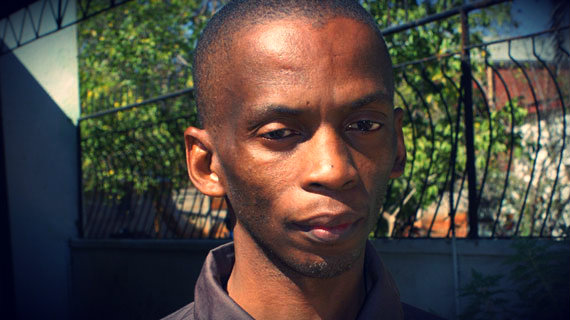
ABOUT 10 years ago I lost a dear friend and social activist Betty Nyoni who passed away due to a component of negligence by a local hospital.
Barely a week ago the local media carried a story of a woman who had her operation postponed due to the shortage of vital drugs.
This should awaken us to the gravity of the virtual collapse of the health delivery system and it is only when we take loved ones to hospital or we ourselves are hospitalised when we come face to face with the state of decadence. So bad is the situation that patients have to buy pints of blood and at times buy syringes and drip kits which in normal situations are provided by health institutions.
Critically, it must be realised that access to healthcare is a right under the new Constitution, but the reality is that as a country we are at least 50 years behind in terms of delivering quality health care to citizens.
I do not seek to apportion blame to health institutions for this, but is a largely a function of the economy and its ability to allocate resources through appropriate budget processes for healthcare delivery.
Once again before I describe the gravity of the healthcare delivery system including the shortage of drugs, medical equipment and personnel I think it is important to broadly analyse key facets of the health delivery system and how it can possibly be revived.
Some people now view hospitals and clinics as the last port of call before death and it is about time all relevant institutions especially the government took remedial action to redress this.
I would like to suggest that critical components of the healthcare delivery system include, but are not limited to the following:
- Chamisa under fire over US$120K donation
- Mavhunga puts DeMbare into Chibuku quarterfinals
- Pension funds bet on Cabora Bassa oilfields
- Councils defy govt fire tender directive
Keep Reading
- Healthcare infrastructure ie buildings, dispensaries etc,
- Drugs and medicines,
- Equipment and medical accessories dialysis machines, life support equipment, drip kits,
- Personnell – trained and or experienced personnel,
- Incentivised staff
- Timely, efficient and responsive treatment and attention to patients,
- A strong health aid /insurance.
Tragically the economic revenue base of the country has shrunk due to the progressive closure of companies and the lack of capacity utilisation. Some estimates suggest that up to 700 companies closed in Harare between 2011 and 2014 and over 400 in Bulawayo.
This has resulted in strains in revenue streams supporting the health delivery system. This has been accentuated by unemployment and informalisation of the economy which have resulted in the problems of erosion of tax revenue and the number of people supported by mechanisms of medical support and health insurance.
The situation is so bad that people have taken it upon themselves to construct their own health facilities because of the realisation that the government is unable and or unwilling to provide medical facilities to them. In Emganwini suburb the community resolved in 2007 under the local residents association to spearhead the setting up of a clinic in the rapidly growing area.
In Jowa, Tsholotsho the local community mobilised its own resources through the Jowa Development Association and has managed to build a clinic almost up to roof level with the support of several organisations and funds from the Communal Areas Management Programme for Indigenous Resources.
In Mangwe communities in Zimyama and Maninji have implemented their own clinic construction projects.
These initiatives not only illustrate the innovation of local communities, but also the extent to which the State has failed to provide its citizens with a basic human rights. The tragedy, however, is that even if communities initiate the construction of healthcare facilities, the equation is incomplete without adequate drugs, medicines, equipment and human resources .
Another issue is the manner in which hospital staff attend to patients especially in government hospitals where in some cases patients have complained of rough treatment. Poor public relations by hospital staff is a problem which should not be limited to shortage of funds, but rather a shortage of manners.
On their side health professionals including doctors, nurses and administrative staff complain of stress due to unsustainable workloads, shortage of drugs and basic equipment. There is thus a need to prioritise the healthcare delivery system in budget processes and in private public partnerships in order to ensure that this right is attained.
Access to health is a critical human development indicator which demonstrates the quality and standard of living of people. Every human being will at one point or the other need access to health delivery systems and as such it is incumbent upon all stakeholders to ensure that healthcare delivery is made a priority.
I would like to thank my wife, Sharon, for cornering me to write an article about this important issue while my attention has been focused on lofty, but irrelevant issues.
Please send your contributions to WhatsApp number 0778 617 926 Dumisani Nkomo is a political commentator and chief executive officer of the Habakkuk Trust. He writes in his personal capacity. www.dumisanionkomo.blogspot.com










